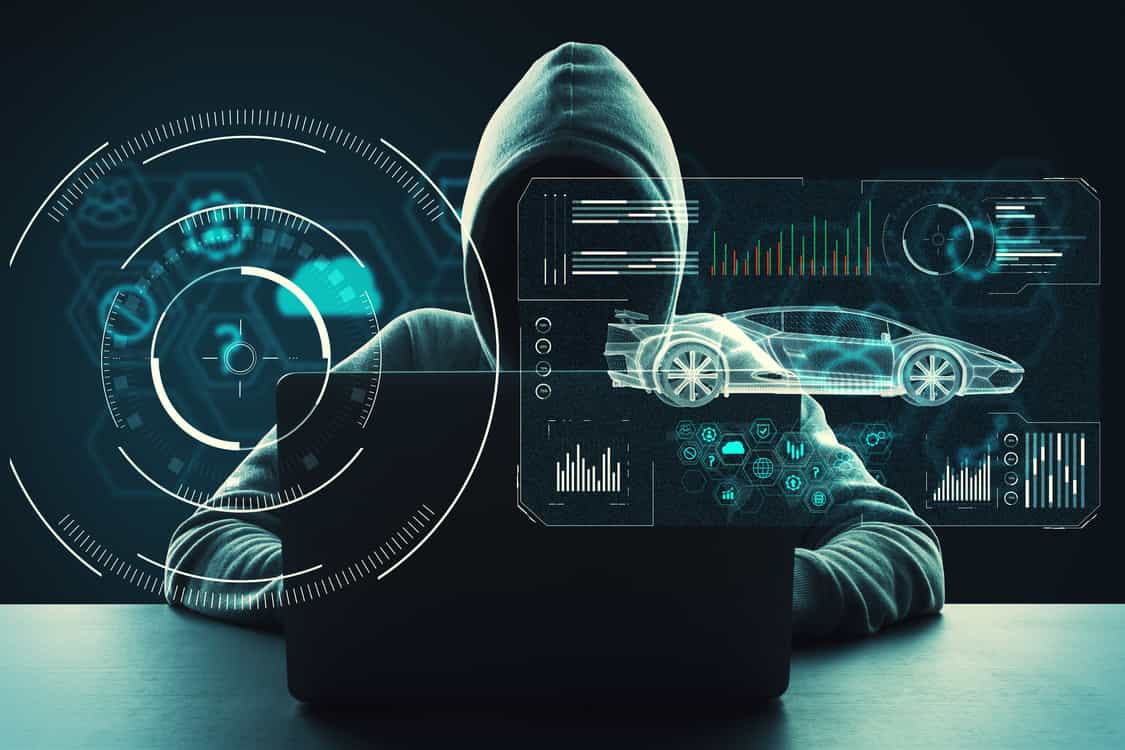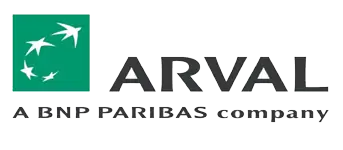
Can Your Car Really be Hacked and What Can You do to Prevent it?
The short answer is yes, hacking your car is possible. In essence, modern leasing cars are large moving computers. Knowing how your car can be hacked and how to prevent it helps you keep one step ahead of technologically minded criminals.
Why hack a contract car or other vehicle?
Money, as with many things in life, the answer is money. Hacking gives the hacker control of one or more of your car’s systems. They can use this to take control of the vehicle, leaving you paying to gain back control. Hackers can unlock and steal the vehicle or its contents or manipulate systems to convince you expensive repairs or parts replacements are needed. Other reasons someone may hack your car include malicious intent and entertainment. Some people do things to cause upset or injury or because it amuses them. Luckily, while hacking your car is possible, it does take skills and time, and generally, it is a lot of work for minimal reward, so it is an infrequent occurrence.
How can your lease car be hacked?
The simplest and most common form of car hacking is extending your key fob range. Once you are in range of your car, you can unlock it remotely. Using radio repeaters, thieves can extend this range. They can unlock your car doors when you are still 30 feet away from the vehicle. Doing this provides time to get into the car and secure anything of value.
Other ways hackers can affect your car include:
Changing the GPS destination, radio station, or time: Accessing your car’s systems allows hackers to make minor but unnerving changes. You could find yourself running late or losing time, or heading in the wrong direction because they’ve altered your GPS.
Disabling brakes: Microprocessors in your onboard computer are the powerhouse behind your brakes. If hackers access your onboard computer, they can disable your brakes and potentially stop your engine.
Driving data downloads: Many vehicles record driving data. Hackers can access telematics and built-in GPS systems. Hackers can exploit your privacy and discover where you work, live, and the route you use to take your children to school.
Forced acceleration: Many modern vehicles have automatic locking that comes into effect at set points like when it is put into drive, or the car reaches a particular speed. The lock is automatically unlocked in certain situations, such as the airbags being deployed. The automatic locking system is vulnerable to hackers who could tamper with the above settings.
Manipulating vehicle diagnostics: Less than reputable dealerships and repair shops can manipulate diagnostics systems to make it look like you need repairs that are not really needed.
MP3 malware: Music downloads with malware codes can access your contract vehicle’s infotainment system and infect other systems, including those controlling your brakes or engine.
Smartphone access: By hacking your car’s systems, hackers can access your connected mobile phone. Once in, they can access any data you keep, from personal information to financial data, passwords, and banking information.
Tire pressure monitoring systems: These systems alert the driver when tire pressure is too high or too low. The early warning ensures you get your car serviced before you cause damage. Hackers can trigger warning lights and potentially remotely track your vehicle through its monitoring system.
Turning on heat in the summer or air conditioning in the winter: In more extreme climates, heating and air-con are vital to driver’s safety. Messing with airflow, heating, and even heated seats can be life-threatening.
Windshield wiper control: Wipers and wiper fluid systems can be hacked, risking your visibility even in clear weather if wiper fluid is continually pushed through the system.
What can you do to protect yourself?
As stated earlier, while hacking is a real risk, it is rare. You should take all the pre-emptive security measures you would with any other computer. Don’t download things from unsecured websites. Take note of small changes to your systems and return your vehicle to your leasing car specialist if you suspect anything is wrong. Use approved dealerships and garages to reduce the risk of third party interference.
Other safety measures include:
- Limiting remote and wireless systems
- Not leaving passwords or passcodes in your vehicle
- Not programming your home address into your GPS
- Staying on top of product/vehicle recalls and upgrades
- Using well known and trusted in-car entertainment systems like Apple CarPlay and Android Auto
Accessing the best car leasing deals
Leasing your vehicle from a reputable company with a reputation for excellence is the best way to safeguard your contract vehicle from hacking. At Express Vehicle Contracts, our cars come from reputable manufacturer dealerships and contain the latest technology and safety and security features.
Follow us for news and updates on the changing face of driving, and contact the team to see how asset finance and the best lease deals can help you get on the road for less.









